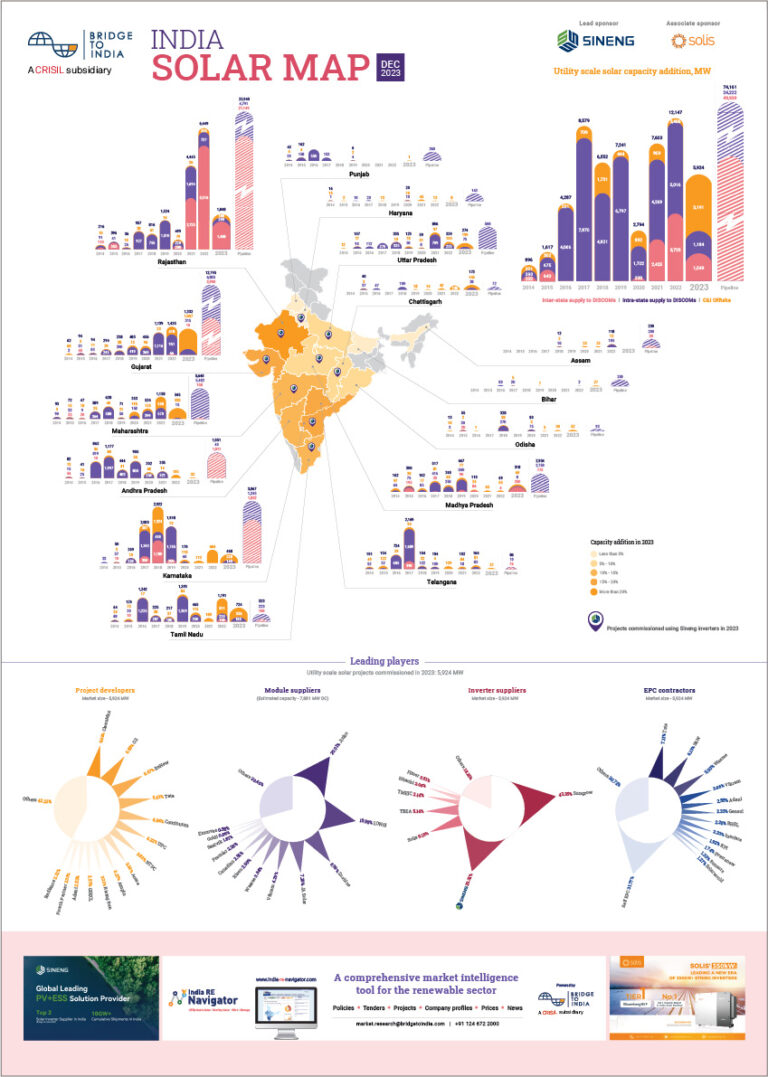The recent National Solar Mission (NSM) tenders have been delayed multiple times before and are again delayed now. This pattern of delays is not new.
- Only one of the 30 odd bids in India has gone through without significant extensions or delays
- Main culprits are process delays by implementation agencies and requests for time extension from developers – these delays affect sector development as many players, particularly the new entrants are not conditioned to respond to the way business is carried out in India
- MNRE should play a key role in streamlining the somewhat disorganized tender process so as to improve the ‘ease of doing business’
Out of the approximately 30 solar tenders so far in India, only one has been submitted on the original date mentioned in the bid document – this was the 500 MW tender in Karnataka in June 2014. Other than this, most bids have been delayed by a few months. A bid for a 50 MW tender in Haryana was delayed by as much as five months.
Another cause for concern for the new NSM tenders is the decreasing accessibility under the online tendering process. Earlier, all new tenders were announced in the newspapers, on Ministry of New and Renewable Energy’s (MNRE) website and on the website of the tendering authority like NTPC Vidyut Vyapar Nigam Limited (NVVN) or Solar Energy Corporation of India (SECI). The openly available tenders allowed the media and the market to scrutinize and publicize them for the global audience. Under the new NSM bids released by National Thermal Power Corporation (NTPC), the announcements and the bid documents are only available on a paid portal. This paid portal and its somewhat complicated access procedures are an unnecessary hassle for developers.
With the floodgates on solar capacity allocations now open in India, there is an urgent need to streamline processes. By improving their internal planning and providing advance notice of (more realistic) bidding timelines, the tendering authorities can provide better transparency to the market and minimize delays. MNRE should also focus on improving the ‘ease of doing business’ by for example, developing a special online portal for launching all central and state solar project tenders in one place and possibly, spreading the tenders evenly over time.
We expect such measures to boost confidence in the sector and improve participation particularly from the international developers.












